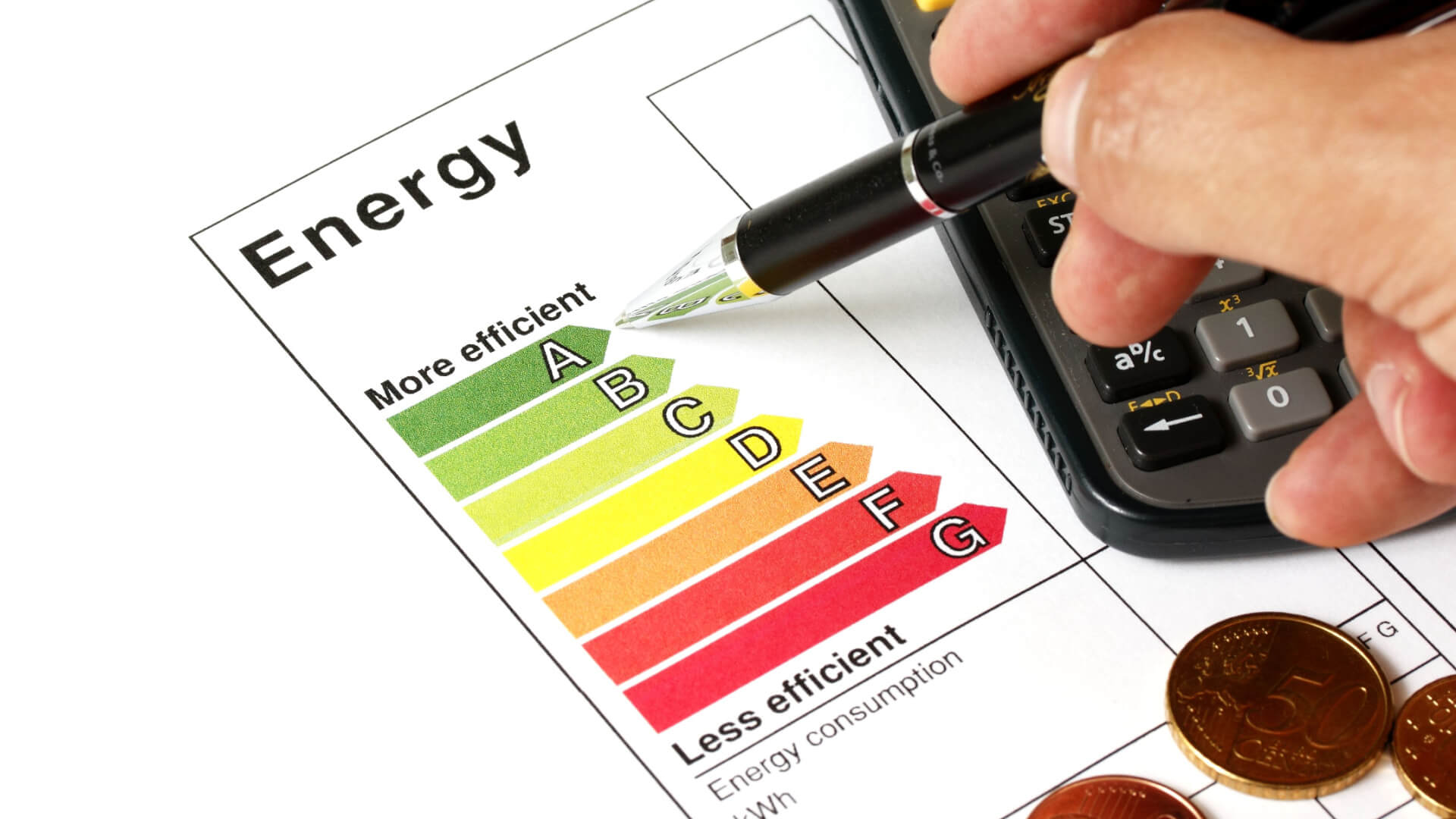
In an economy where every dollar counts, sustainability is not just a trend—it’s a sound business strategy. For small business owners and managers, choosing to prioritize energy efficiency will not only reduce your environmental footprint but also significantly impact your bottom line in a way you’ll appreciate.
Before we explore the ways businesses can benefit from energy efficiency, it’s vital to understand how Commonwealth Energy Group, LLC can help your business’s sustainability journey. We’re at the forefront of providing innovative energy solutions, from comprehensive energy assessments to implementing custom energy conservation programs. Our expertise can help you transform your business, not only by making it more energy-efficient but also more cost-effective.
Understanding Energy Efficiency for Businesses
Energy efficiency in business refers to the strategic management of energy resources to optimize productivity while minimizing waste. It involves a suite of practices and technologies designed to consume less energy for the same output.
Businesses that adopt energy-efficient practices can reduce their carbon footprint, contribute to a cleaner environment, and meet regulatory compliance standards. We can help by installing systems that consume less energy without compromising efficiency.
By using less energy, businesses can lower utility bills, minimize long-term maintenance costs, and even qualify for energy rebates and savings incentives.
How Energy Efficiency Saves Your Business Money
When about 30% of the energy used in commercial buildings is wasted, businesses are losing a lot of money. But how does this work?
First, better energy efficiency means a decreased workload on business appliances, equipment usage, and more. Using less energy means bringing down electric costs and, in some cases, water usage. Over time, this will all also lead to lower maintenance and repair costs and an extension of equipment lifespan. This will help you use less energy, thus wasting less energy and seeing smaller electric bills each month.
Practical Steps to Improve Energy Efficiency
An energy audit is the first step toward understanding energy-saving strategies. During an audit, we can identify areas for improvement.
What Systems We Improve For Sustainable Business Practices
During audits, the areas we check first include:
- Lighting systems: We check to see how much energy they are using based on what lightbulbs your facilities use, how they are controlled, and what’s in need of replacing.
- Heating and cooling systems: Most buildings use regulatory heating and cooling systems to allow different parts to remain at different temperatures. This can consume a lot of energy if they’re not optimizing properly with the venting and air conditioning systems.
- Venting and air conditioning systems: The ventilation system cycles air throughout the building to control the temperature and air quality through the vents and air conditioners.
- Roofing applications and capabilities: Depending on your roof’s structure, you may have different opportunities to improve your heating, cooling, venting, or air conditioning systems that collectively make up your building’s HVAC systems.
- Window installations: Windows can release or let in air that’s not part of your HVAC system. While outside air will get inside your building, how insulated your windows are can affect how much energy your HVAC systems need to use to control the air in your business.
Contact Commonwealth Energy Group, LLC to Learn More
Energy efficiency isn’t a cost—it’s an investment that offers a high return with both direct and indirect savings. Understanding and implementing energy-efficient practices can set your business on a path to sustainable growth and savings. Don’t wait for the next utility bill to take the necessary steps. Get started today with the help of Commonwealth Energy Group. Contact us to schedule an audit and start your business transformation.





